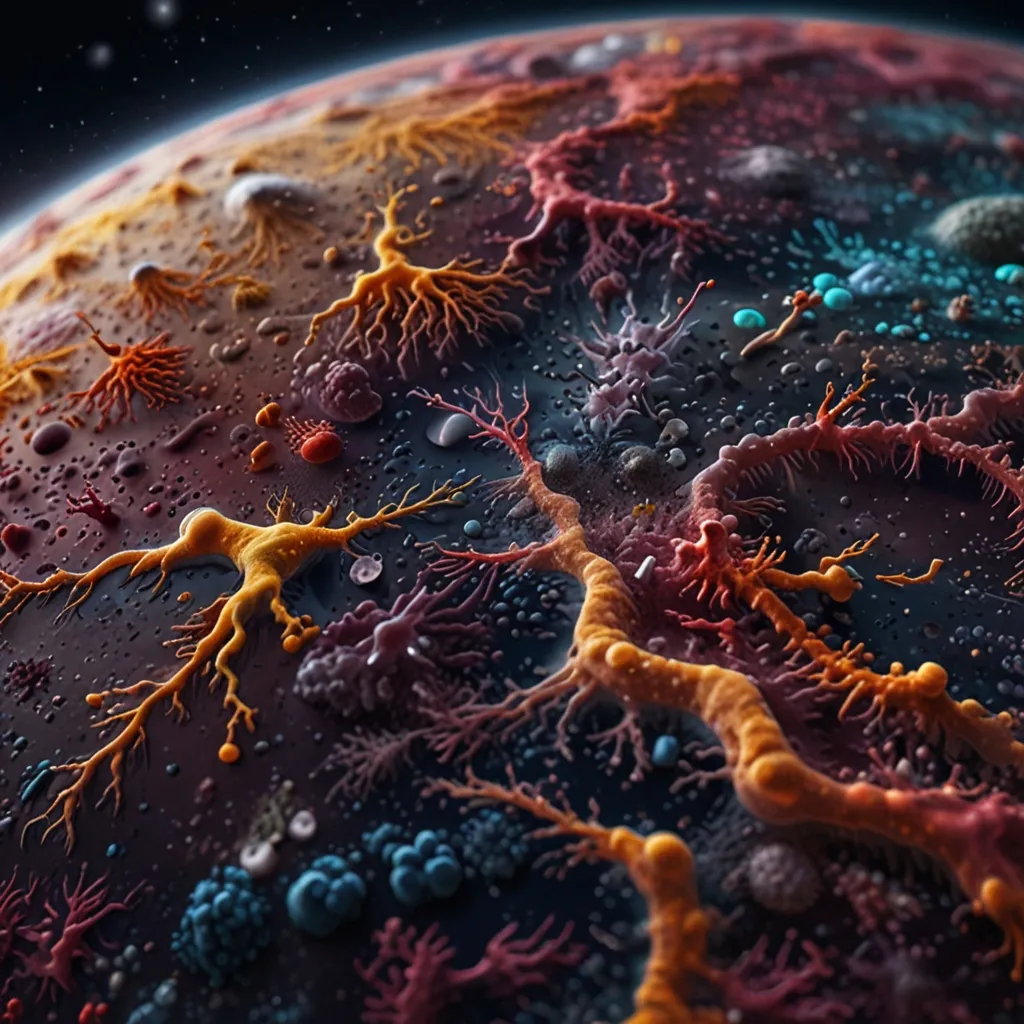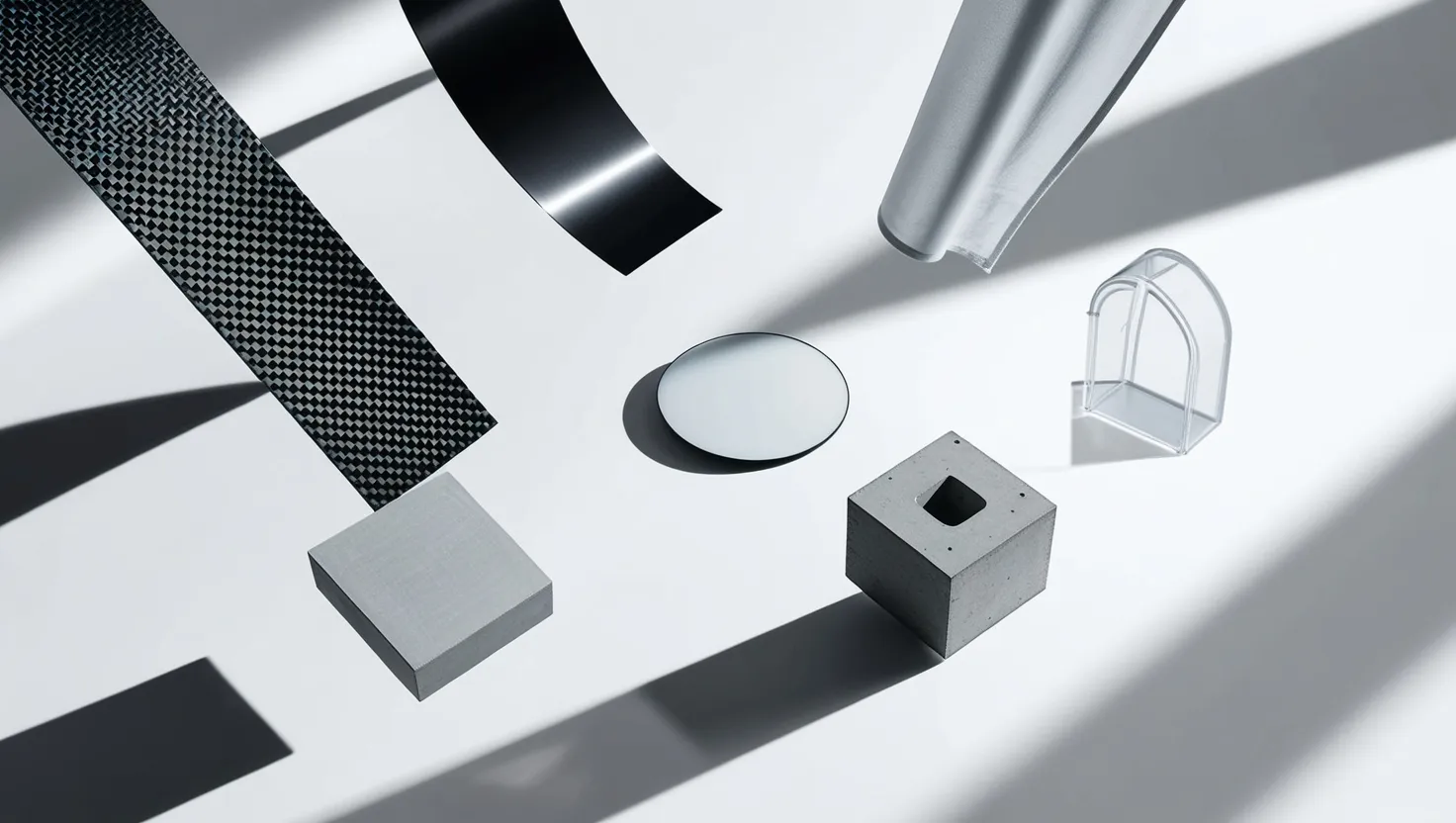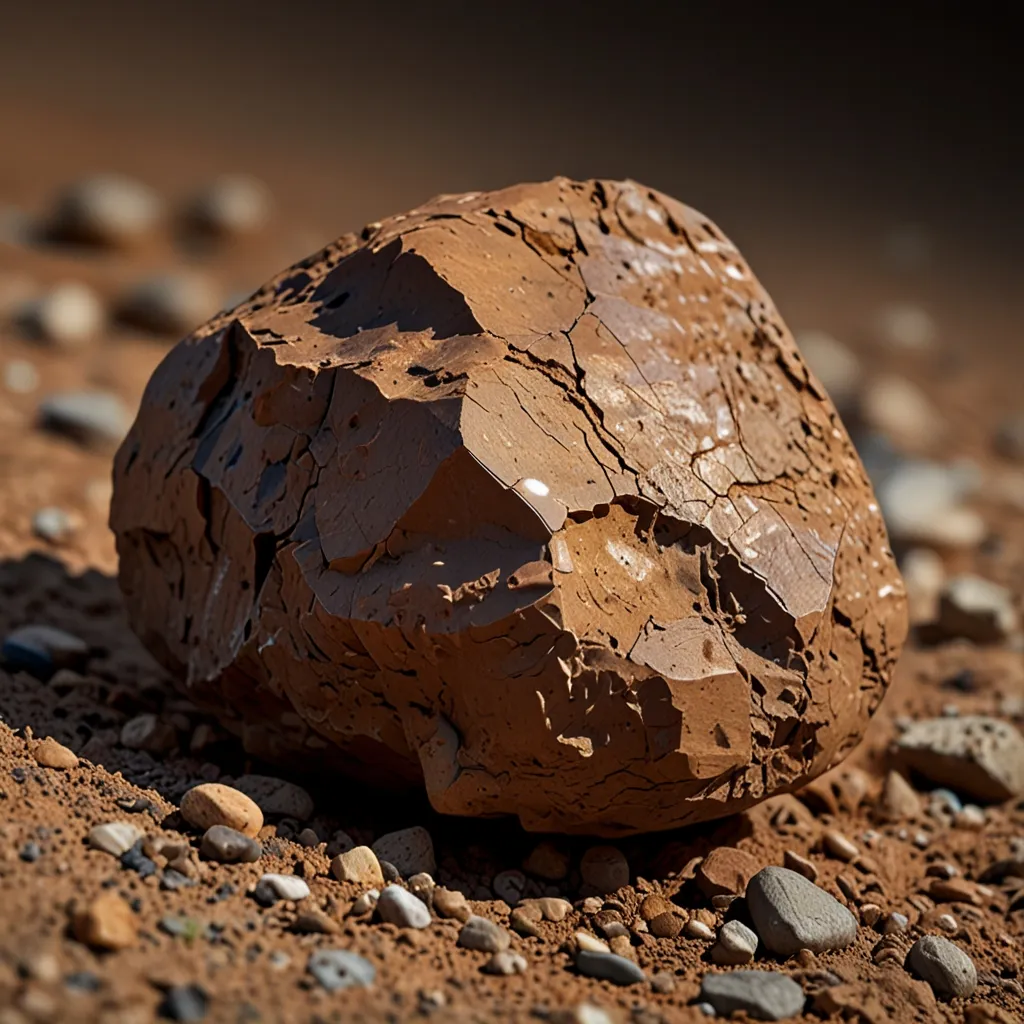Here’s an intriguing question for you: What’s the largest organ in your body, stretching nearly twenty square feet? It’s your skin. Your skin isn’t just a protective covering; it’s a bustling metropolis of life, home to more living organisms than there are humans on earth.
Imagine your skin as a vibrant universe teeming with life. But hold off on reaching for that Purell. Scrubbing away these tiny inhabitants can actually harm you. Surprised? Let’s dive deeper.
There’s more bacteria in a square inch of your skin than the population of Manhattan. Specific areas like your underarms, the crook of your elbow, belly button, between your toes, and other moist spots are particularly rich in bacteria. This is because these dark and moist environments are perfect breeding grounds. Meanwhile, your forearms, thighs, and the back of your hands are like deserts, hosting fewer bacteria due to their dryness.
Here’s the kicker: most of these bacteria are beneficial. They safeguard you by occupying space and creating environments that repel harmful bacteria. Picture them as your skin’s personal bodyguards, constantly on duty to protect you from the billions of bad bacteria lurking on surfaces and in the air.
Think of the natural bacteria on your skin as an integral part of your body, much like your liver or pancreas. Without them, your body wouldn’t function properly. The human body hosts around 100 trillion bacteria, making us akin to massive bacterial habitats. If aliens visited Earth, they might see humans as cozy bacterial homes rather than standalone beings.
So, before you rush to sterilize your hands or take another bath, consider this: overly frequent use of antiseptics or bathing can disrupt the natural bacterial flora on your skin, potentially opening the door for harmful bacteria to invade. We’re just beginning to understand how these natural bacteria impact our health. Recent research even shows they play roles in regulating our mood and behavior.
Our interaction with bacteria goes beyond preventing disease. Our skin’s microbiome is essential to our well-being. Without these microorganisms, we’d be constantly ill or face serious health issues. So, embrace your bacteria. They’re a crucial part of who you are.






